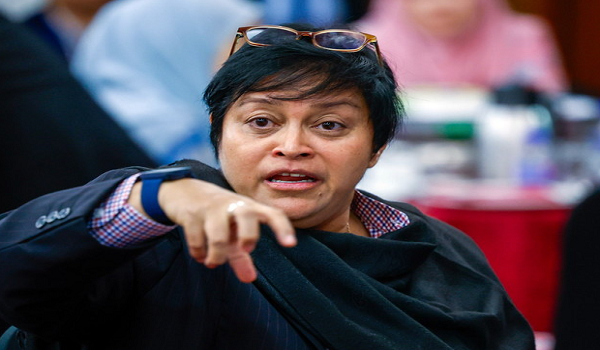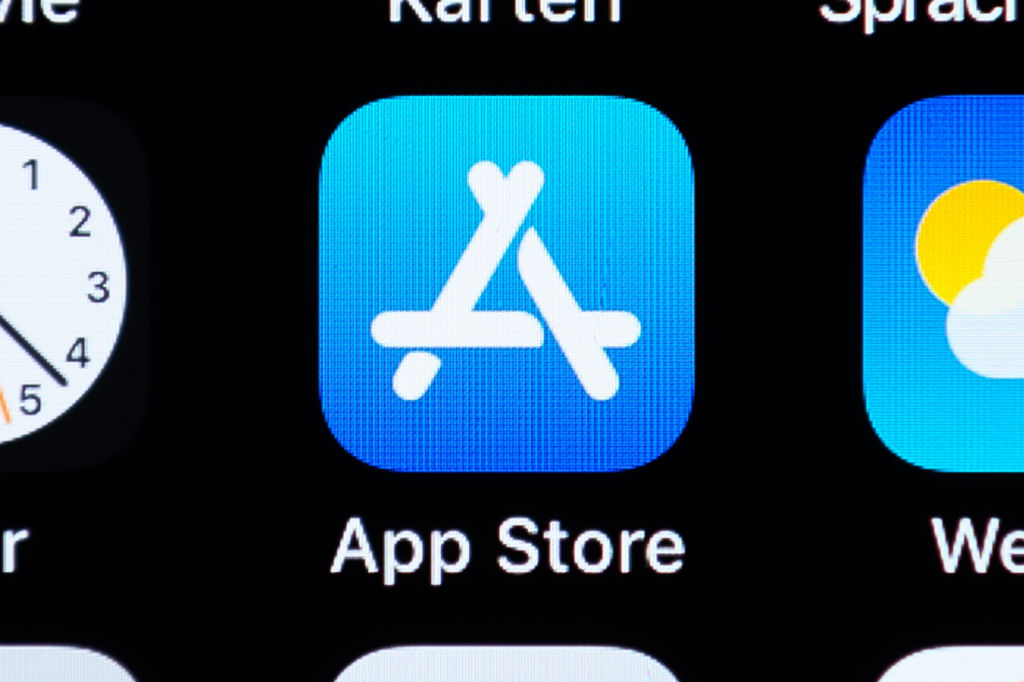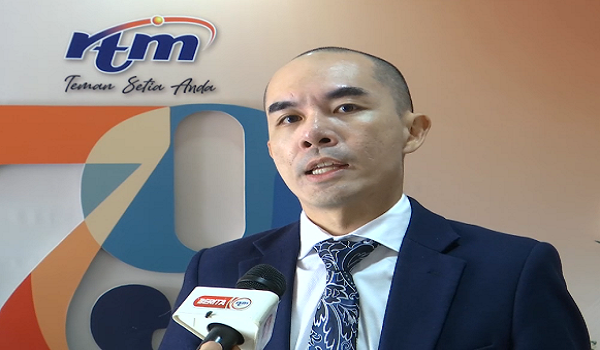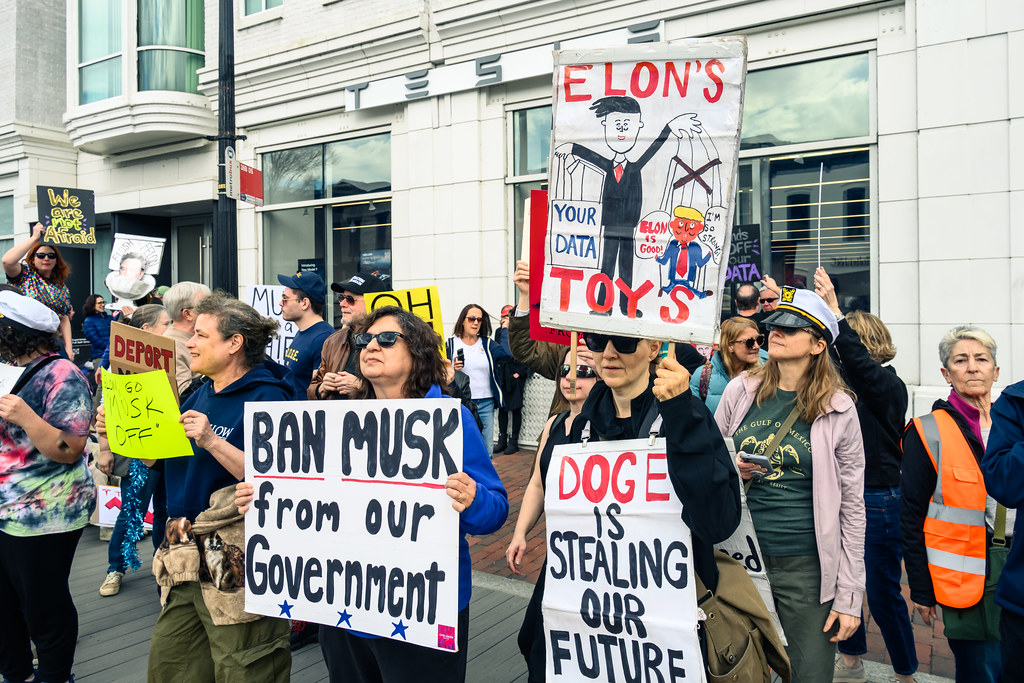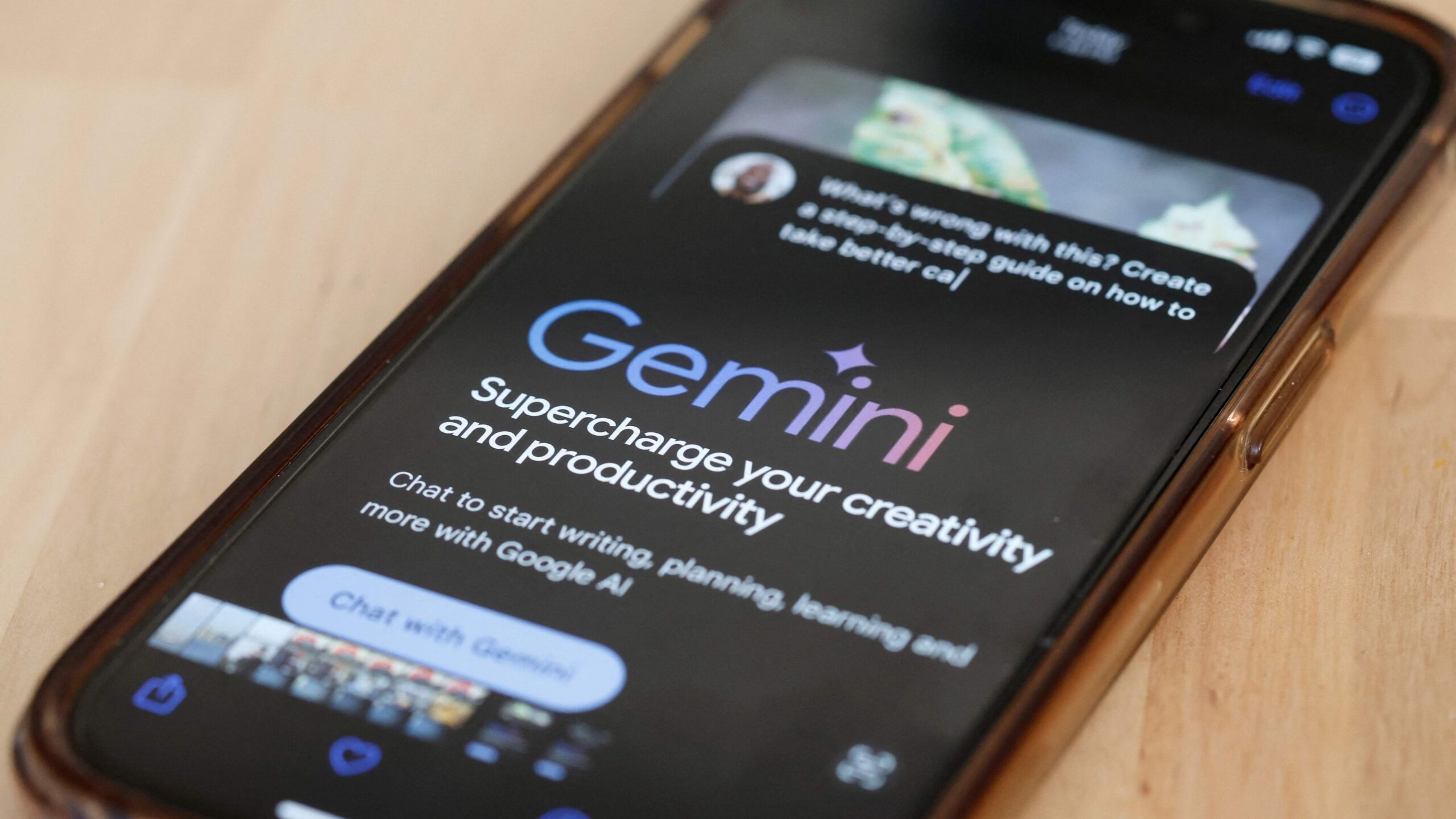Brazil has issued a strong directive to Apple: adapt the App Store policies to allow more flexibility for third-party developers or face daily fines.
The nation’s antitrust regulator, Conselho Administrativo de Defesa Econômica (CADE), announced the ultimatum on Monday, granting Apple 20 days to comply. Failure to do so could result in fines of 250,000 Real ($43,000) for every day of non-compliance.
CADE’s demand focuses on dismantling Apple’s tight control over how developers sell their apps and services. The regulator requires Apple to permit third-party developers to notify users about alternative purchasing options, include external links or buttons guiding users to these options, and allow developers to use their own in-app purchasing systems. Currently, Apple charges a 30% fee for transactions made through its payment system, a point of contention for many developers.
In addition to these changes, the ruling stipulates that Apple must allow developers to distribute apps outside the App Store entirely. This broad adjustment aligns with complaints from e-commerce giant MercadoLibre, which filed a case against Apple in 2022, accusing the company of unfairly restricting distribution and purchase methods.
Global Context of Apple’s Policy Battles
Brazil’s actions echo regulatory shifts in other parts of the world. Earlier this year, the European Union’s Digital Markets Act compelled Apple to loosen its grip on app distribution and payment systems, enabling developers to bypass the App Store. In the United States, Apple continues to face scrutiny, including a high-profile legal challenge from Epic Games, which called into question its app store policies.
Despite the potential financial repercussions, the daily fine of $43,000 may not significantly impact Apple’s bottom line, given its vast revenues. However, the growing trend of regulatory pushback across multiple regions highlights a changing global landscape for tech giants.




